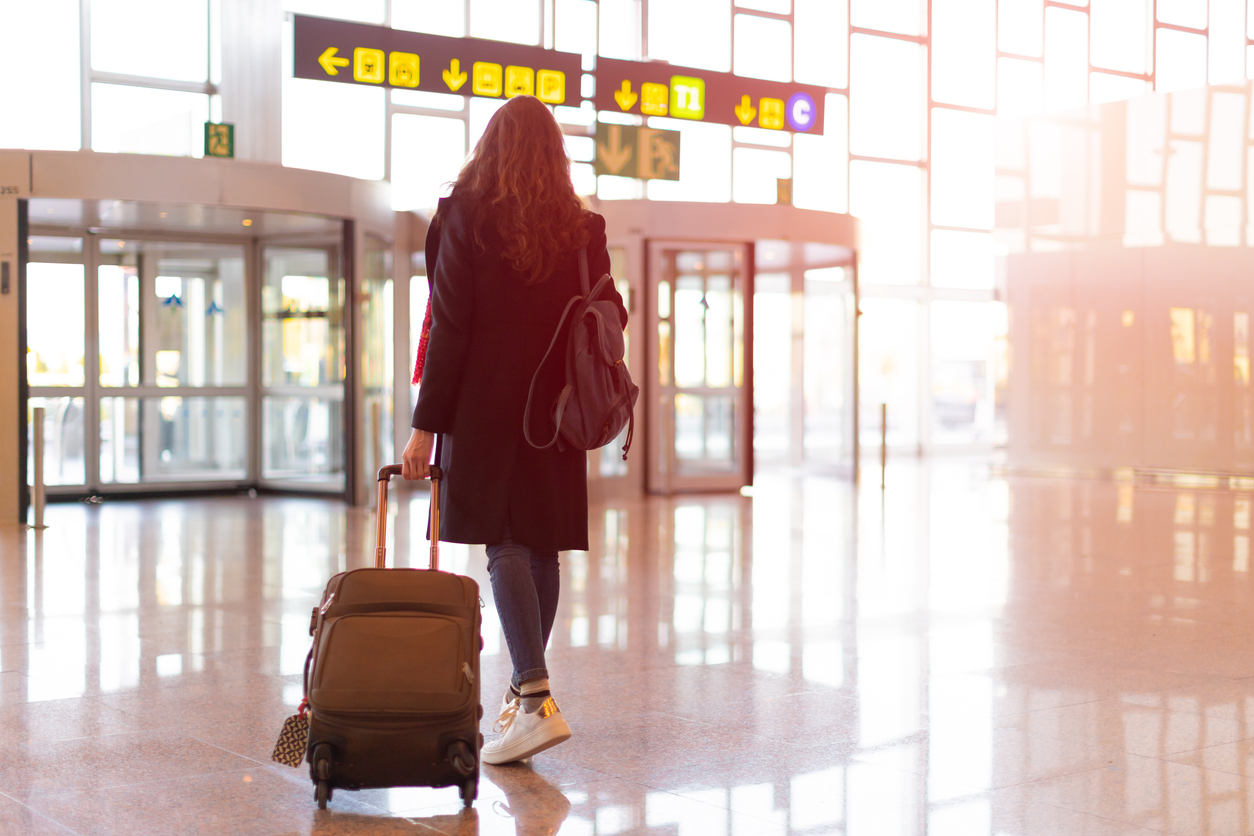Security Matters: Travel security and situational awareness tips for all seasons
 By Sally Schehl, Senior Security Risk Analyst, Corporate Security
By Sally Schehl, Senior Security Risk Analyst, Corporate Security
In this recurring column, we examine security themes and events that are timely and relevant to a broad audience, whether at work or at home. Cyber and physical security risks will be part of the conversation, and we’ll help you understand and navigate new and familiar threats in environments whose only constant may be change. We will share security awareness tips and reminders to help you manage human risk and reinforce sound security behaviors. Security is a shared responsibility, and we encourage everyone to ask questions, stay vigilant, and help secure the grid.
Travel during the summer months or at any time of the year can be a welcome adventure, whether we are making a simple business trip or taking the two-week vacation of a lifetime. We may visit unfamiliar places, cross a few time zones, and immerse ourselves in new cultures, sights, sounds, experiences, and distractions. With the excitement of any form of travel, however, comes a measure of risk.
Whether we are traveling for business or pleasure, safety and security are excellent companions. Here are security tips to keep in mind when considering whether to travel with company equipment as you prepare for your next trip, followed by situational awareness reminders to help ensure safe travels.
Traveling with company-owned devices
If you need to travel with a work phone or laptop/tablet, talk with your organization’s cybersecurity team before your trip. Traveling outside the United States with company-owned devices is typically prohibited without a business justification and prior approval by leadership and the cybersecurity organization. Most companies have policies on traveling outside the United States with devices that are able to connect to corporate networks and email services, and your cybersecurity team can advise on the mobile devices and services that may be authorized based on your destination.
If you are authorized to travel with a company-owned device, be sure to allow enough lead time to coordinate with the cybersecurity team prior to departure, and ensure you understand any requirements for managing your mobile devices upon return. Remember that while the cybersecurity team can provide guidance on the devices you may take to a given destination, it is ultimately the traveler’s responsibility to know the rules of the destination country with regard to electronic devices and to secure company-issued devices at all times.
Staying alert and aware: A situational awareness refresher
The Personal Security Considerations Action Guide: Critical Infrastructure Workers, published by the Cybersecurity & Infrastructure Security Agency (CISA), defines situational awareness as “being aware of what is happening around you, taking everything into account and adjusting your behavior to reduce the risk of injury to you, your family or your coworkers.” We can practice situational awareness by staying alert and aware of our surroundings, no matter where we happen to be.
Maintaining situational awareness is especially important during travel, when our surroundings are new and we’re trying to absorb and process a lot of information at once, often while experiencing jet lag or general physical fatigue. Researching a destination before you arrive will help you acclimate to the new environment more quickly—you already have a knowledge base, you have a sense of what to expect, and you can begin to connect the dots.
There is a fine line between being paranoid and being prepared. Vacations and travel should be enjoyable and relaxing but also as safe as we can make them. Unexpected things can happen, and thinking about how we would react to these events before they happen can prepare us to react quickly, calmly, and effectively if and when they do happen. Planning your trip properly and practicing situational awareness will decrease risk and increase the likelihood that your trip is a success.

